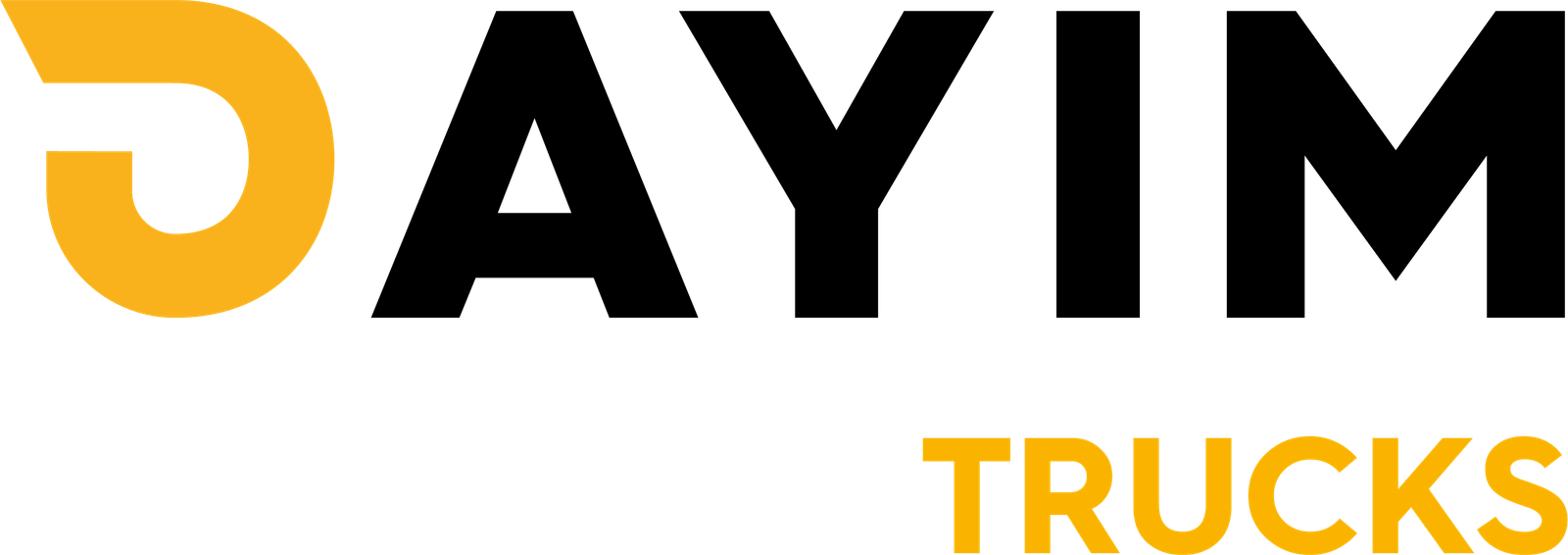7 Content Marketing Reporting Tools for Data That Matters: Content marketing succeeds only when you can measure its impact. Publishing blogs, videos, email campaigns, or social posts isn’t enough unless you understand how each piece performs. This is where content marketing reporting becomes essential. With the right tracking and analytics in place, marketers can make smarter decisions, prove ROI, and build stronger strategies backed by real data.
This guide explores the top 7 content marketing reporting tools, plateforms, and solutions, along with insights into how they help you analyze traffic, engagement, keyword performance, audience behavior, and overall content ROI.
Why Content Marketing Reporting Tools Matter
- Data-Driven Decisions for Growth: Reporting tools turn raw numbers into actionable insights. Instead of guessing, marketers can see which campaigns attract visitors, generate leads, and convert into sales.
- Aligning Teams with Clear Insights: When data is transparent, marketing, sales, and leadership teams work in sync. A shared understanding of performance ensures everyone moves toward the same goals.
- Proving ROI to Stakeholders: Content efforts often take time to show results. Reporting tools make it easier to justify marketing investments by connecting activities to measurable returns.
Key Features to Look for in Reporting Tools
- Real-Time Analytics: Immediate insights allow marketers to adjust campaigns on the fly.
- Customizable Dashboards: A good tool should let you track the metrics that matter most to your business.
- Multi-Channel Tracking: With so many platforms, blogs, social media, email, and ads – tracking everything in one place is essentialIntegration with Marketing Platforms: The best reporting tools seamlessly integrate with CRMs, ad platforms, and analytics suites.
Top 7 Content Marketing Reporting Tools
Below are seven powerful tools that help marketers collect accurate data, analyze performance, and optimize content strategies.
1. Google Analytics 4: Google Analytics is a free tool that measures content marketing data by tracking user engagement, traffic sources, page performance, conversions, and retention, enabling marketers to analyze behavior, optimize campaigns, and prove ROI across multiple channels.
A must-have content marketing reporting tool that tracks traffic, engagement, conversions, and user behavior across all channels.
For More Details Learn: How to Use GA 4 as a Content Marketing Reporting Tool?
2. Google Search Console: Google Search Console is also a free tool that you can use to measure content marketing performance by tracking search queries, impressions, clicks, CTR, and rankings, helping marketers optimize keywords, monitor visibility, and improve organic search traffic effectively.
For more details Learn: How to Use GSC as a Content Marketing Reporting Solution?
3. Microsoft Clarity: Microsoft clarity is also a free tool that allow you track and measures content marketing data by tracking user behavior with heatmaps, session recordings, scroll depth, and engagement insights, helping marketers optimize content performance and improve audience experience effectively.
Also Read: How to Use Microsoft Clarity for Content Marketing Reporting & UX Insight?
4. ChatGPT: ChatGPT supports content marketing by generating ideas, creating SEO-friendly content, summarizing insights, and analyzing audience needs, helping marketers save time, boost creativity, and deliver personalized, engaging marketing strategies effectively. Free and Paid both versions are available. You can use free version at initial stage.
Also Read: How to use ChatGPT as a content marketing reporting assistant?
5. Google Looker Studio: Google Looker Studio is also a free tool offered by Google to measures content marketing performance by visualizing data from GA4, Search Console, and other sources at one place, enabling marketers to build interactive dashboards, track KPIs, and present insights clearly to stakeholders.
6. SEMrush: SEMrush is an important tool to measures content marketing performance by analyzing keyword rankings, organic visibility, backlinks, and competitor strategies, helping marketers optimize content, track traffic growth, and improve overall SEO-driven content success.
7. BuzzSumo: BuzzSumo measures content marketing effectiveness by analyzing social shares, engagement metrics, and trending topics, helping marketers identify high-performing content, discover influencers, and refine strategies for maximum audience impact.
FAQs on Content Marketing Reporting Tools
Q1: What is the best free reporting tool for content marketing?
Ans: Google Analytics, Google Search Console, Microsoft Clarity and Google Looker Studio are powerful free options.
Q2: Can small businesses benefit from these tools?
Ans: Yes, even startups can track valuable insights with free and low-cost tools.
Q3: How often should I generate reports?
Ans: Weekly and monthly reports strike a good balance between detail and trends.
Q4: Are reporting tools worth the investment?
Ans: Absolutely. They save time, improve accuracy, and guide better decisions.
Q5: What metrics matter most in content marketing reporting?
Ans: Engagement, conversions, ROI, and audience growth are key.
Q6: Can these tools integrate with social media platforms?
Ans: Yes, many tools like Supermetrics and Databox offer social media integrations.
Conclusion
Content marketing reporting tools are essential for gaining insights into the effectiveness of your content strategies. By choosing the right tool based on ease of use, data accuracy, integration capabilities, and customization options, you can ensure that your content marketing efforts are data-driven and aligned with your business goals. The top tools above provide features that cater to different needs, making them valuable assets in any content marketer’s toolkit.





